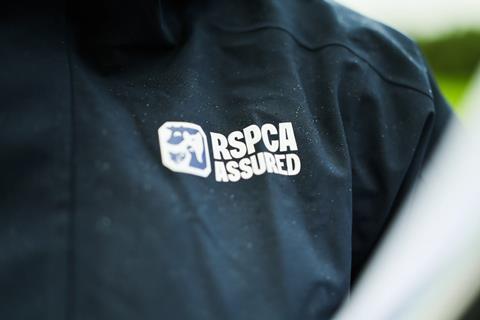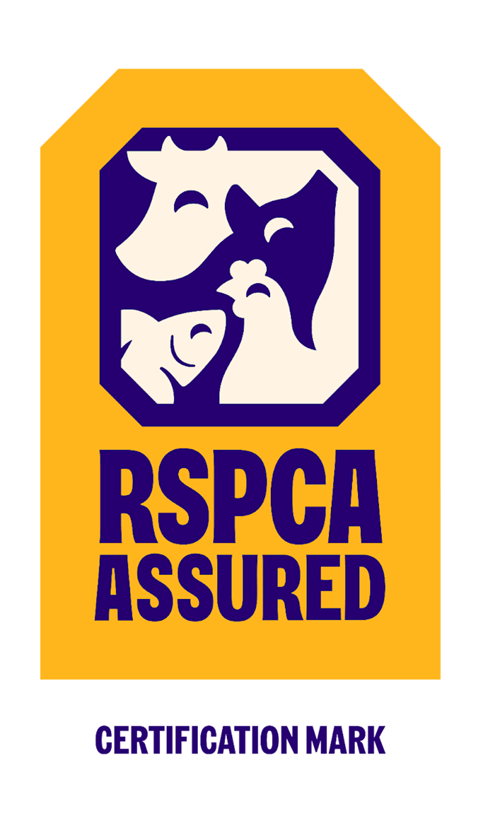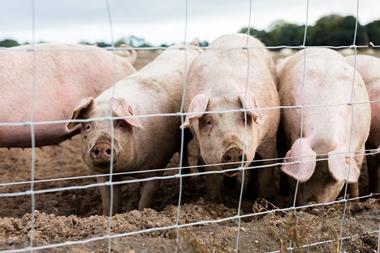
RSPCA Assured has announced a landmark goal for more than half of all UK farmed animals to be reared to higher welfare standards by 2050.
It comes as the animal welfare assurance scheme has launched a refreshed brand identity with a new look label on meat, fish, eggs and dairy products.
The aim of the refresh is to make it easier for consumers to understand and connect with RSPCA Assured and help scheme members more clearly demonstrate their commitment to higher animal welfare, it said.

The label will appear on packaging over the coming weeks, with a full rollout expected by October 2027.
“Our fresh new look symbolises much more than a rebrand – it’s a statement of intent,” said Toby Baker, RSPCA Assured executive director. “We want to make higher welfare the norm, not the exception, and by 2050 we’re determined that more than half of the UK’s farmed animals will be living better lives under the RSPCA’s welfare standards.
“Together with farmers, businesses and shoppers, we can make that vision a reality.”
The assurance scheme came under heavy scrutiny last year when several pieces of undercover footage from various animal rights groups revealed poor treatment on some assured farms.
This led to the public resignations from the RSPCA of both Chris Packham and Caroline Lucas and calls for the scheme to be abolished as it was accused of “welfare washing”.
Impact report
RSPCA Assured’s impact report, published today, revealed that 26% of farmed animals, including salmon, in the UK are currently covered by the scheme.
In 2024, more than 34 million terrestrial animals and 30 million salmon lived “better lives thanks the RSPCA Assured scheme”, the report also found.
Read more: Campaigners call on RSPCA Assured to end Cranswick endorsement
There is expected to be an 8% increase in the number of animals on the scheme from 2024 to the end of 2025 and it has plans to bring the number up to 36% of UK farmed animals by 2030.
This year also saw an increase of 14% in the number of visits to members to check standards are being met, which the scheme had pledged to do following the challenges last year.
“We’re incredibly proud of our progress so far, but we know there’s so much more to do,” said Baker. “We have a fresh new look and feel, but the same mission to improve the lives of farmed animals. This is central to our values and at the root of everything we do.”



















No comments yet